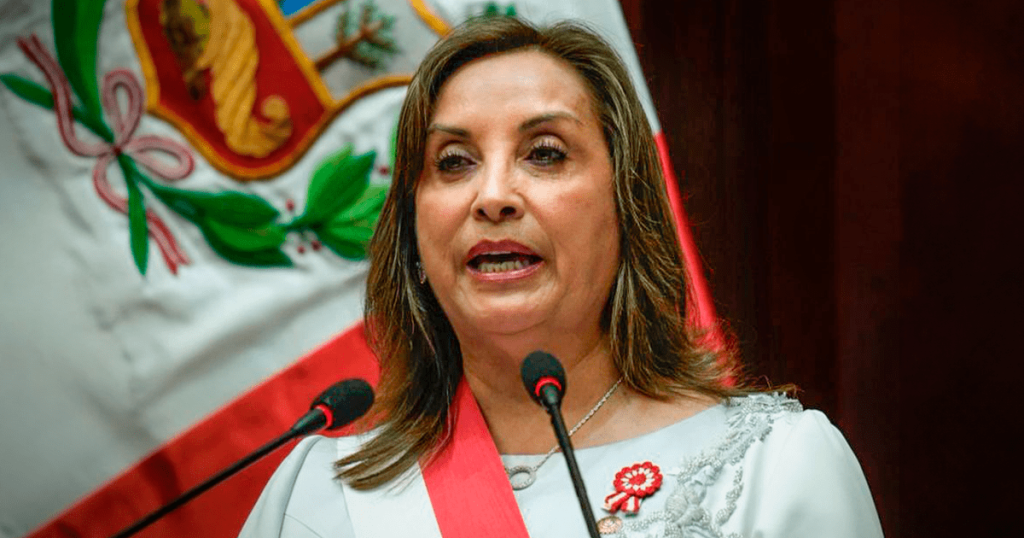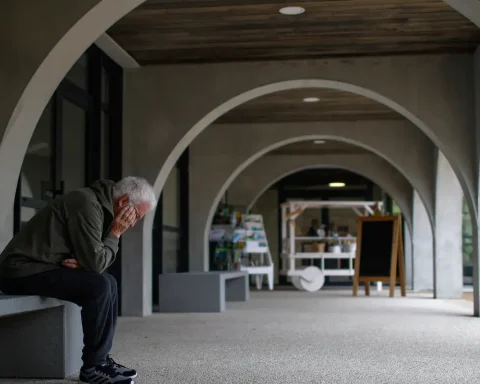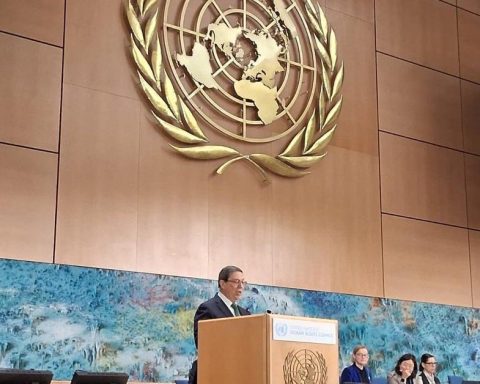AND
The promotion of reading is one of the vehicles for rebuilding the social fabric in Mexico. This has been seen in hundreds of experiences of this type, put into practice in various communities and groups of the great multicultural mosaic of our country.
On January 27, 2019, the national reading strategy was launched in Mocorito, Sinaloa, with the gift of a book about Brigadier General Rafael Buelna, The golden grain –Francisco Villa told him.
The first Reading Rooms meeting was held in this municipality. There we discovered the vertical and managerial relationship that was given to this project, created in 1995 and linked to the State secretariats, cultural councils and public libraries. We found that it did not take off due to bureaucratic inertia, in which only officials were listened to.
However, by listening to the participants and learning from them, we come closer to volunteers who are convinced of the value of their work. The Reading Rooms serve the general public, but are also organized by vocations, including day laborer families, women, indigenous peoples, librarians, and the LGBTQ+ community.
Initially, there were 3,511 sites for this program. During the pandemic, the reading rooms took the lead in virtual communication. Today we have 5,455, spread across all states. Over the past few years, more than 24 interstate and regional meetings have been held. In order to provide better territorial support, their work is linked to the FCE-Educal bookstores.
Mexico is a country that demands cheap books and spaces for reading. The National Reading Club Program is a flexible model that adapts to the diverse realities, characteristics and needs of the many communities and institutions in the country. In some places they are called circles and in others, seedbeds. This enables the creation of social spaces where people can freely encounter books and discover the taste and pleasure of reading, in addition to having the accompaniment and reading interaction that allows them to develop as independent readers.
The program grew exponentially in neighborhoods, ranches, homes, prisons, government offices, with police officers from Mexico City and Nezahualcóyotl, with firefighters, migrants, agricultural workers, social organizations and in schools with the presence of the National Coordinator of Education Workers (CNTE). Teachers know that promoting reading makes it possible to create a critical space for children and young people in school communities.
A reading club is a group of people who meet periodically to share their love of reading in a physical or virtual space. It is a community effort. Often, those who belong to them support other initiatives in towns, such as their patron saint festivals, the practice of oral traditions, public readings and festivals. The clubs encourage a particular way of critically reinterpreting reality, based on the pleasure and love of reading. In May 2024, we had 11,345 clubs, spread throughout the country.
The LibroBús program in your School and in your Community was created during this administration. It is a project that takes up the experience of the Mexican left in connecting with the people, in literacy campaigns and in recent years of the Brigade to Read in Freedom. (The Social Movement for the Promotion of Reading. The Day 5/12/2023). In addition to one of the innovative pedagogical experiences of CNTE to promote reading, the program is the advance that is sowing the seed in the territory for the formation of Reading Clubs or Circles in the places with the highest marginalization in the country.
The LibroBús has become a vehicle for culture and learning. During its visits to schools and public squares, it creates temporary reading centres, festivals and book fairs. In public spaces, it promotes reading in a community environment, where entire families enjoy the pleasure and love of books.
The tours of this mobile bookstore are intended to bring citizens together so that they have the opportunity to access books and participate in enriching literary activities. In some states, it has helped preserve and celebrate local culture, acting as a bridge that unites communities through the love of books.
Since the beginning of the program until June 19 of this year, the LibroBús has visited 1,029 schools and 184 public places. Children have purchased 201,488 books. 1,107,315 children and teachers have boarded the mobile bookstore. It is a successful project that emotionally connects children and young people with books. It is a symbol of the promotion of reading in schools and communities. Wherever it goes, it is magic and imagination.
Although there is still a long way to go, the people of Mexico do read. We have seen in the states, in the colonies, in the municipalities, in the ranches and in the most remote corners of our country, that a book is certainty and confidence in a better future. The FCE-Educal is identified as an institution at the service of the people. There are the 5 million 564 thousand 372 books that the reading promotion area has distributed free of charge through its programs. The book must be part of the basic basket of the Mexican people. Each social interest house delivered must have at least 20 books, because a good reader starts at home.
















